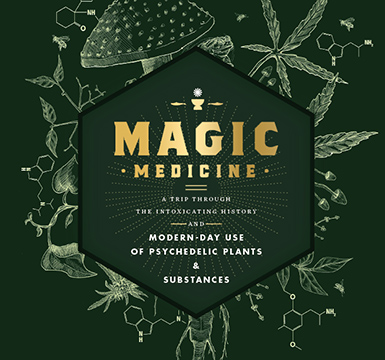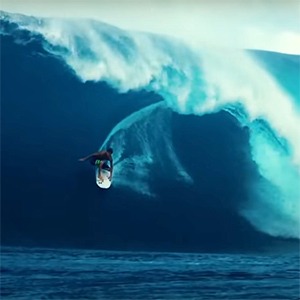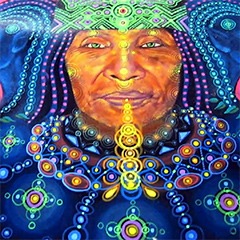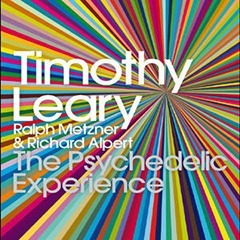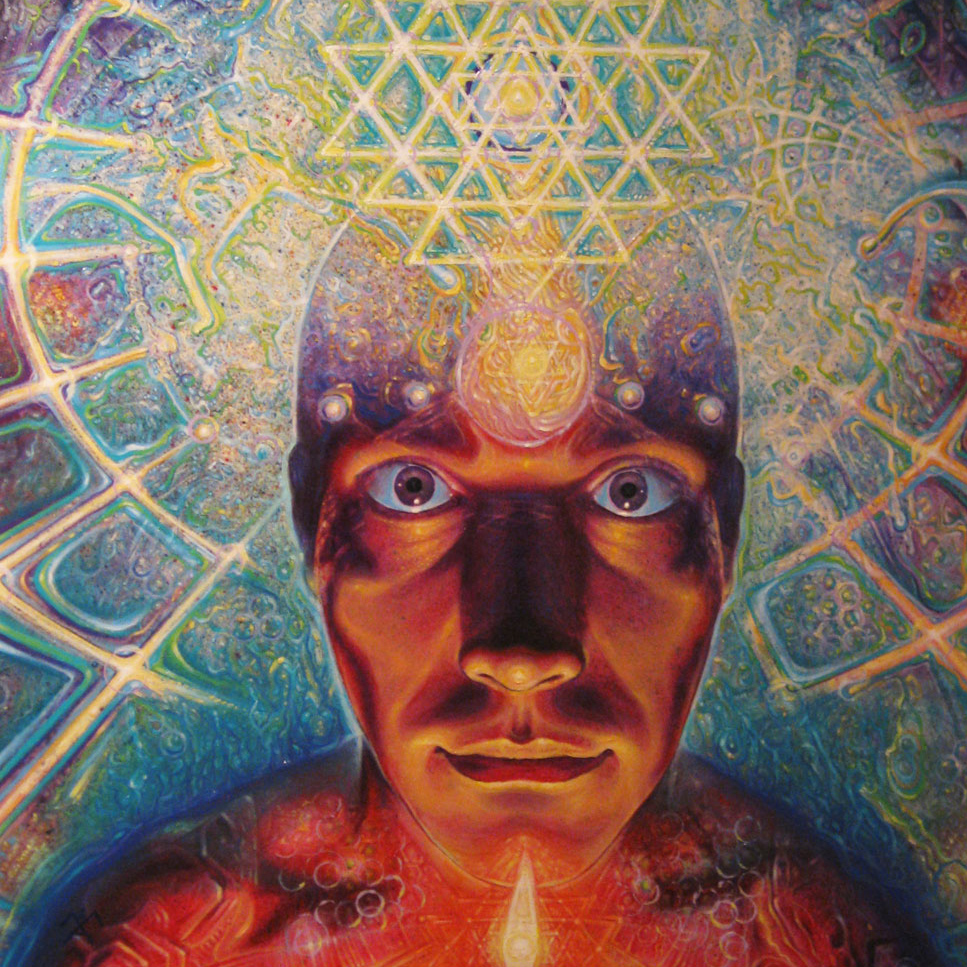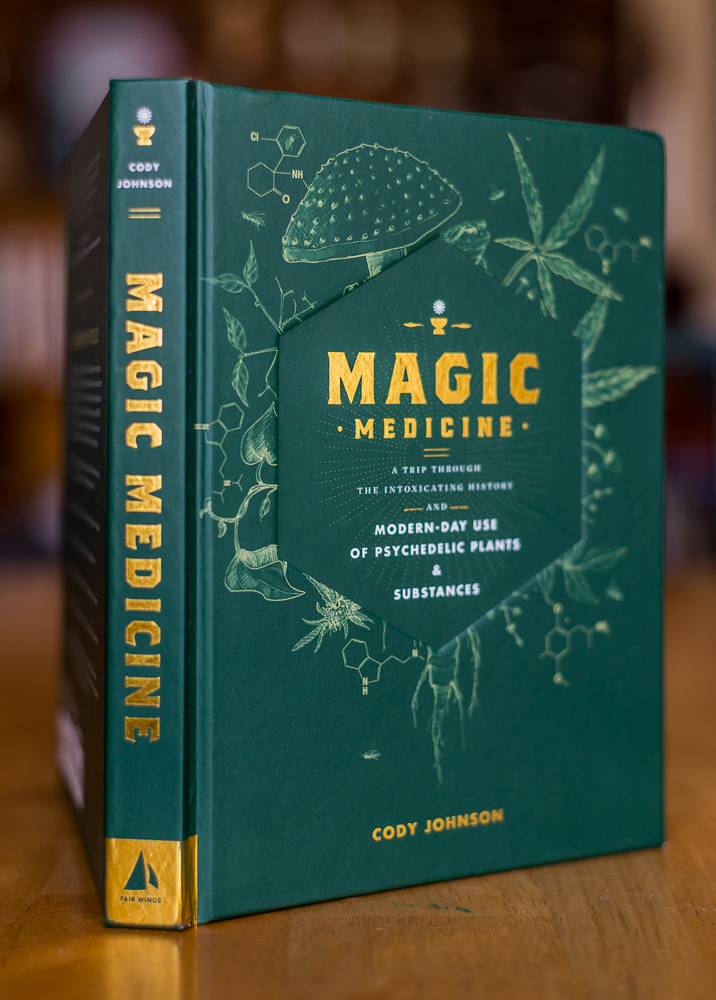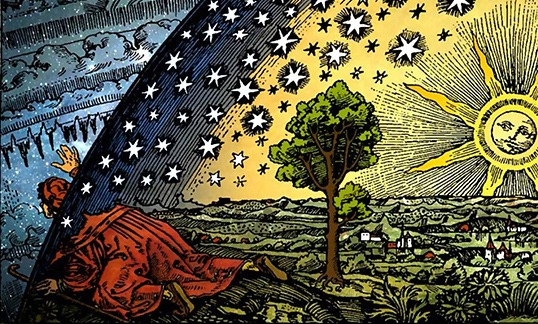
Exploring outer dimensions? Or inner ones? (Flammarion engraving, 1888)
Trips are like dreams. A genuine insight may bubble up from deep in your subconscious, handily solving a problem that your sober mind found intractable. Or you might emerge with absolute nonsense, the product of synapses firing without the guidance of logic and consistency.
You don’t take your dreams as absolute truth upon waking, and psychedelics should be no different. It’s crucial to think critically about which lessons to take back into consensus reality, and which to leave behind.
Wisdom or Dogma?
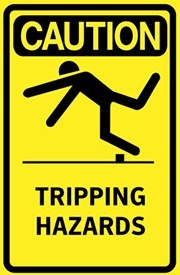
Many psychonauts spread their personal beliefs and speculations as though they were fact. Sometimes they take an ancient myth, like Amazonian animism, and dress it up in the new-age language of spirits, energies, and vibrations. “Mother Ayahuasca,” they say, “is the plant world’s way of communicating with us, raising us to a higher vibration.”
Other times they’ll offer a testable scientific hypothesis, but disguise it as established fact. A good example is the myth that DMT is responsible for dreaming, and is released when a person dies. These are interesting ideas, but when presented as Unquestionable Truth they limit rather than liberate us.
The desire to share is natural and well-meaning — after a profound psychedelic experience, people want to communicate their new “knowledge” to others. Whether the insight concerns aliens and discarnate entities, human history and genetics, half-baked quantum theories, or the imminent apocalypse, the uncritical explorer rushes to share it with anyone who will listen.
A noble goal, to be sure. But dogma dressed up as wisdom is still dogma. Door-to-door evangelists also have genuine compassion; that doesn’t make them any less annoying. Their smiles are a little too smug, their enthusiasm a little too salesman-like. They forget that enlightenment comes in many forms, and one size definitely does not fit all.
[pullquoteleft]Unless you’re a particle physicist in need of a creative jumpstart, an LSD session is unlikely to help you discover anything about the fabric of reality that stands up to scrutiny.
[/pullquoteleft]This is why I want to encourage skepticism in the psychedelic community. Some psychedelic realizations are truly insightful. But if we’re honest with ourselves, we will admit that others are just flights of fancy — the subconscious mind taking liberties just as it does in dreams. There’s no need to discard these experiences altogether, but we can regard them as good memories rather than life lessons.
Paradoxically, if we give the psychedelic experience too much credit, we will undermine its potential for providing real insight. Tripping will then make us gullible and irrational, suckers taken in by our own imagination. And that’s exactly how psychedelic enthusiasts are often perceived.
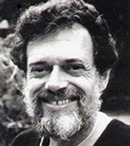 Terence McKenna is a great example. Although I admire the man’s piercing criticisms of modern society, some of his “theories” — in particular those concerning Timewave Zero, Stoned Apes, and an extraterrestrial mushroom intelligence — are nothing but conjecture and fantasy. His presentation is persuasive, but one gets the impression that a wordsmith as eloquent as McKenna could make a case for any theory he wanted. My complaint is not really with McKenna — who promoted questioning, and never claimed to have a monopoly on the truth — but with fans who take his speculations as gospel. We must not confuse constructed narratives with reality, however tantalizing they may be. Skepticism demands more.
Terence McKenna is a great example. Although I admire the man’s piercing criticisms of modern society, some of his “theories” — in particular those concerning Timewave Zero, Stoned Apes, and an extraterrestrial mushroom intelligence — are nothing but conjecture and fantasy. His presentation is persuasive, but one gets the impression that a wordsmith as eloquent as McKenna could make a case for any theory he wanted. My complaint is not really with McKenna — who promoted questioning, and never claimed to have a monopoly on the truth — but with fans who take his speculations as gospel. We must not confuse constructed narratives with reality, however tantalizing they may be. Skepticism demands more.
The Value of Small Insights
In my opinion, the most personal realizations usually produce the most value. They tend to be more relevant to one’s daily life than revelations about parallel dimensions, conspiracy theories, plant spirits, or astral travel. If the psychedelic experience is a voyage through the internal landscape of Self, it stands to reason that any wisdom gained will pertain to that realm, not the universe at large. The drug is a chemical tool, not a direct line to Objective Truth.
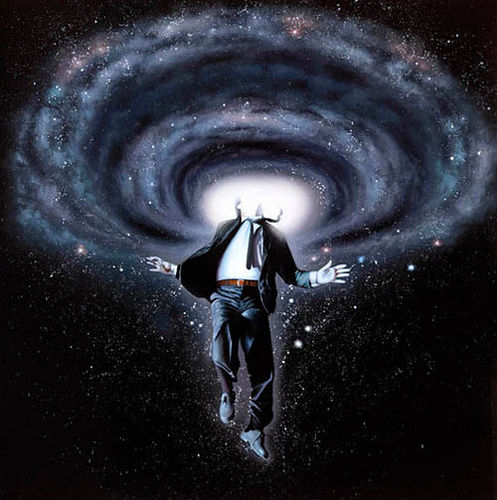
Discovering the secrets of the universe? Or just tripping balls?
Think about it. Unless you’re a particle physicist in need of a creative jumpstart, an LSD session is unlikely to help you discover anything about the fabric of reality that stands up to scrutiny. It may feel otherwise — you may be absolutely convinced that your astral form has visited distant realms of heaven and hell, trawled through Pure Knowledge and Pure Love, and returned with lessons for humanity — but really, it’s all you. Other people explore their own internal realms, different from yours but equally valid.
[pullquotecenter]If the psychedelic experience is a voyage through the internal landscape of Self, it stands to reason that any wisdom gained will pertain to that realm, not the universe at large.[/pullquotecenter]
Even when many users of a drug report similar experiences, as with DMT, we shouldn’t be surprised; our neurological wiring is fundamentally the same. Of course a drug will affect similar creatures in similar ways. This hardly constitutes evidence that DMT is a portal to an alternate dimension populated by intelligent “machine elves.” It’s a novel hypothesis (perhaps even a testable one), but nothing more. Occam’s razor would suggest that the basis for these experiences is neurological, not ontological. (See James Kent and Teafaerie for in-depth critiques of the DMT entity phenomenon.)
As Sam Harris says, “we should be very slow to make conclusions about the nature of the cosmos based upon inner experience — no matter how profound these experiences seem.” So set aside, for a moment, the immediacy, the stark realness of your psychedelic trips. Try to strip away your emotional biases and examine your insights under the microscope of cold logic. Trips are characterized by wild creative bursts, unfettered imaginative powers, and non-linear thought patterns — all good reasons why they should not be taken as objective glimpses of truth.
Hoodwinking the Mind
An experience can be meaningful even if it is internally generated, of course. I would never dismiss the psychedelic experience as “just a chemical reaction” — after all, the same could be said of love and compassion, not to mention consciousness in general. But if we apply rigorous critical thinking as part of the integration process, we will emerge with practical lessons rather than ideology.
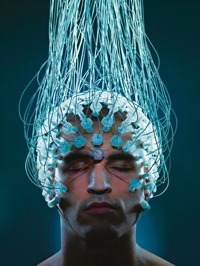
(Adrianna Williams/Corbis)
Consider how easy it is to fool the brain. If a neurologist applied electrical impulses to different areas of your brain, you would experience various sensations – hot, cold, bliss, paranoia, and so on. You might even hallucinate images or voices.
These are genuine sensations, indistinguishable from the real thing. While the neurologist plays your brain like an instrument, you would report that the room is very hot, or that music is playing nearby. And you would be dead wrong.
So we know from neuroscience, and from our dreams, that incredibly realistic experiences can be conjured without any external stimulus whatsoever. The human mind is easily hoodwinked.
This is what psychoactive drugs do — by perturbing the brain, they fundamentally change our perceptions and cognition. Some, like caffeine and amphetamine, can have beneficial effects on one’s focus and performance. Psychedelics, too, can improve many of our mental capacities and should never be dismissed as mere intoxicants.
[pullquoteleft]The emptiness of not-knowing is valuable. Don’t race to fill the well of uncertainty; fortify it.[/pullquoteleft]But let’s be honest: psychedelics can also cause delusional thinking. Unwary explorers are likely to confuse self-generated ideas with “reality,” sometimes long after the trip has ended. Sober minds make this error too — perception is highly subjective, a process fraught with bias and projection even at the best of times — but the deepest divers of consciousness are especially vulnerable.
This may not be a popular opinion, but the risk of delusion is even greater in a religious context. Although an entheogenic ceremony like ayahuasca can be very helpful in navigating these realms, it also comes loaded with centuries of mythological baggage. Many spiritual tourists come back from Peru gushing about Mother Ayahuasca and other “plant teachers” — not as experiences or concepts, but as autonomous sentient beings.
I’m willing to entertain the hypothesis, but I don’t think the version of reality offered by Peruvian curanderos is the only one we should consider. It is just one cultural narrative, and there are thousands. The ayahuasca mythos makes a tempting reality tunnel — it’s ancient and esoteric, “authentic” and therefore hip, and seemingly offers passage to a bustling spirit world in an age of dreary materialism. But the allure of this mythology should make us more skeptical. As the history of religion shows, we are easily wooed by romanticized versions of reality — not because they are grounded in evidence, but because they are attractive.
It’s been said that the shamanic belief system acts as an anchor, helping to ground the entheogenic experience. Just remember that anchors can also keep us from moving forward.
Digging the Well of Uncertainty
“It is the mark of an educated mind to entertain an idea without accepting it.”
—Aristotle
When we present our beliefs as just that — beliefs — we can engage other people without trying to convince, convert, or threaten them.
Psychedelics can demolish these delusions. They remind you that it’s okay not to know. Used carelessly, however, they will just replace your delusions with other delusions. That’s part of the ego’s job — to fill the vacuum of uncertainty with a best guess, even if its best guess is irrational. It takes a dedicated explorer to avoid this trap.
Let your trips keep you humble. The emptiness of not-knowing is valuable. Don’t race to fill the well of uncertainty; fortify it.
I don’t want to diminish the value of psychedelics as learning tools — quite the opposite. With their help, I’ve experienced feelings I didn’t know were possible, and discovered parts of myself that I never knew existed. We’ve all engaged in metaphysical musings, pondering the fabric of space-time and human nature, perhaps gaining a deeper understanding of our place in the cosmos. Many of us have experienced a sense of “oneness” or samadhi that defies language. These experiences cannot be taken away from us, and a dose of skepticism does not invalidate them.
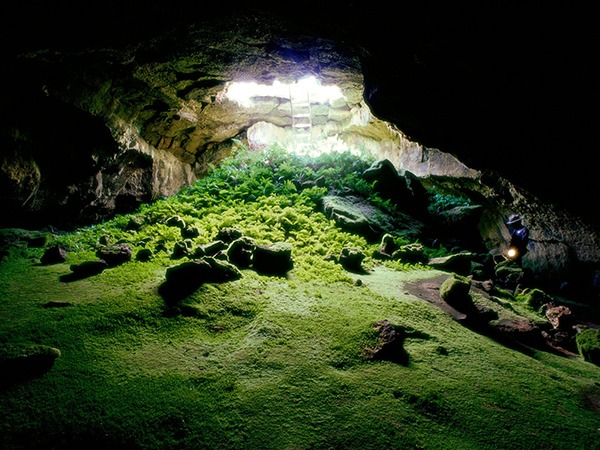
You never know what you’ll find in the subterranean realms of Self.
It’s when the insights come in the form of extravagant or unwarranted claims that we must stand guard. And even in the cases of hyper-dimensional entities and parallel universes, we don’t need to dismiss them entirely. We just need to accept that these are hypotheses, and weigh them against other hypotheses using available evidence. That is the scientific and, I believe, most fruitful approach to psychedelic insights.
Apply reason like a sieve, sifting gems of wisdom from the debris.
Trips, like dreams, can be both informative and deceptive, speaking a language of symbols and emotions. And like dreams, there is a middle path between cherishing them as divine revelations and ignoring them altogether.
Think of the trip as an excavation of the subterranean realms of Self. Don’t pile the wheelbarrow blindly with every rock you find. Apply reason like a sieve, sifting gems of wisdom from the debris. Gather and polish those gems, and over time, you might just end up with treasure.
What do you believe? Leave a comment below!
Liked this post? Subscribe to my RSS feed to get much more!

